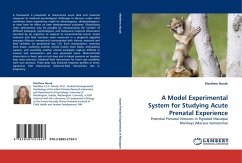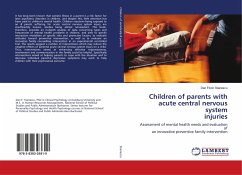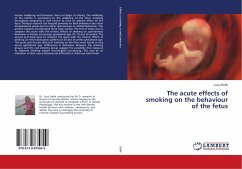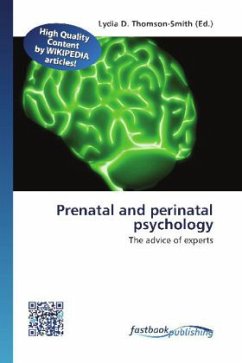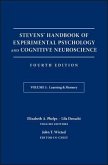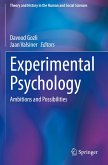A framework is presented to characterize acute fetal and maternal responses to maternal psychological challenges to discover under what conditions these experiences might be advantageous, disadvantageous, or even have no effect on later developmental outcomes. Objectifying stress phenomena may be possible by characterizing the number of different biological, psychological, and behavioral response dimensions recruited by an organism to respond to environmental events. Acute maternal and fetal reactions were measured in a pregnant pigtailed macaque (Macaca nemestrina) instrumented with chronic maternal and fetal catheters on gestational day 120. Each manipulation, receiving food treats, watching another animal receive food treats, anticipating capture, and watching another animal anticipate capture differed in arousal and aversiveness and was presented twice. Maternal-fetal interactions in heart rate on test days and in blood pressure on baseline days were common. Maternal-fetal interactions for heart rate variability were not common. These data may illustrate response profiles or stress signatures that characterize maternal-fetal interactions late in pregnancy.
Bitte wählen Sie Ihr Anliegen aus.
Rechnungen
Retourenschein anfordern
Bestellstatus
Storno

